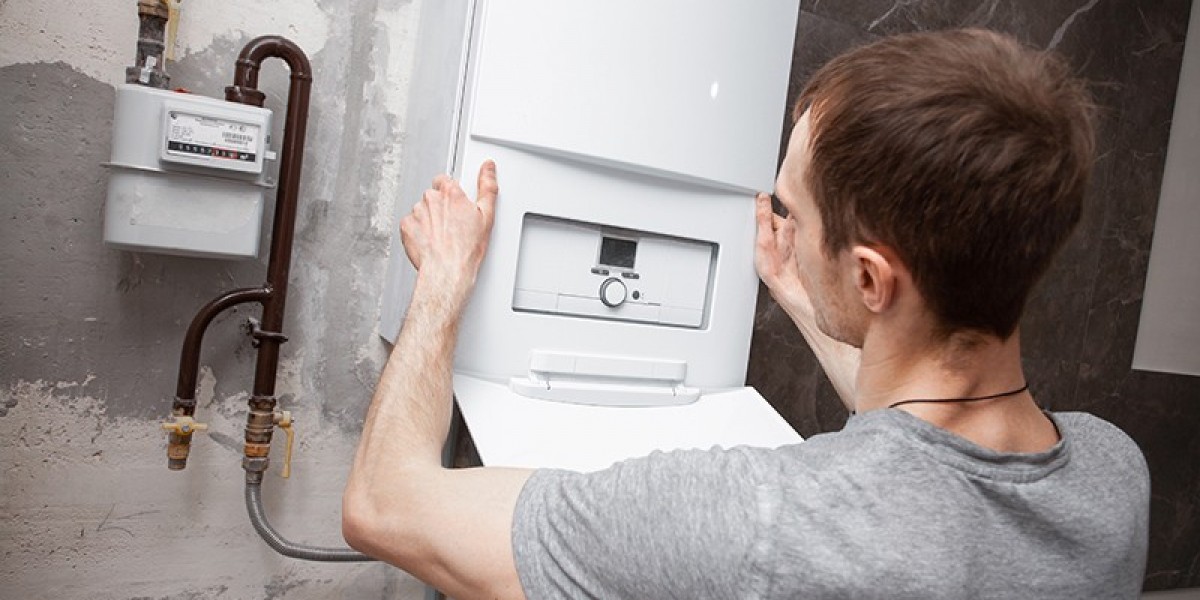Choosing between an electric and a gas boiler is a crucial decision for homeowners and businesses alike. Heating accounts for a significant portion of energy costs, and selecting the right boiler can lead to substantial savings in the long run. But which one is more cost-effective? This article dives into the pros and cons of electric and gas boilers, comparing costs, efficiency, and environmental impact to help you make an informed decision.
Understanding Electric and Gas Boilers
Electric Boilers: These boilers use electricity to heat water, which is then circulated through radiators or underfloor heating systems. They are compact, easy to install, and do not produce emissions on-site.
Gas Boilers: These rely on natural gas or LPG (liquefied petroleum gas) to heat water. They have been a traditional choice for many homes due to their efficiency and lower operating costs compared to electricity.
Cost Comparison: Upfront and Long-Term Expenses
Installation Costs
Electric Boilers: Installation is typically straightforward and less expensive because they do not require flues or gas pipelines. The cost of installation for an electric boiler ranges between $1,500 and $5,000, depending on the size and brand.
Gas Boilers: These require a gas connection, flue, and proper ventilation, making installation more complex and costly. On average, installation costs range from $3,000 to $7,500.
If youre looking for boiler installation services, consider consulting professionals to get an accurate estimate based on your homes heating requirements.
Running Costs
Electric Boilers: Electricity is generally more expensive per unit than gas. In the U.S., electricity costs range from $0.12 to $0.35 per kWh, depending on the region. This means higher monthly heating bills compared to gas boilers.
Gas Boilers: Natural gas is often significantly cheaper than electricity. The average cost per therm (100,000 BTUs) of gas is around $1.10, making gas boilers more economical for large homes with high heating demands.
Maintenance and Lifespan
Electric Boilers: Require minimal maintenance since they have fewer moving parts. They can last up to 20 years or more with proper care.
Gas Boilers: Need regular servicing to ensure safety and efficiency, including checking gas lines and cleaning burners. Their lifespan is typically 1015 years.
Efficiency and Performance
Electric Boilers: Nearly 100% efficient, meaning all the electricity used is converted into heat. However, power generation inefficiencies at the source (e.g., fossil fuel-based power plants) can reduce the overall energy efficiency.
Gas Boilers: Modern condensing gas boilers achieve up to 98% efficiency, though some energy is lost through flue gases.
Environmental Considerations
Electric Boilers: Produce zero emissions at the point of use, making them ideal for eco-conscious homeowners. If powered by renewable energy, they have a much lower carbon footprint.
Gas Boilers: Emit carbon dioxide and other pollutants. However, high-efficiency condensing boilers reduce emissions compared to older models.
Real-Life Examples
Apartment Living: A small city apartment with limited space benefits from an electric boiler due to its compact size and easy installation.
Large Family Homes: A suburban house with high heating demand might find a gas boiler more cost-effective in the long run due to lower fuel costs.
Eco-Friendly Homes: Homeowners with solar panels or access to green energy plans can maximize the sustainability of an electric boiler.
Actionable Insights: How to Choose the Right Boiler
Assess Your Energy Costs: Check local electricity and gas prices to estimate long-term expenses.
Consider Your Homes Size: Electric boilers are great for smaller spaces, while gas boilers suit larger homes with higher heating needs.
Factor in Installation Feasibility: If you lack a gas line, installing a gas boiler can be expensive and time-consuming.
Think About Maintenance: If you prefer a low-maintenance option, an electric boiler is a hassle-free choice.
Evaluate Environmental Impact: Opt for an electric boiler if reducing your carbon footprint is a priority.
FAQs
Q: Which boiler is cheaper to run?
A: Gas boilers are generally cheaper to run due to lower fuel costs, but this varies by region.
Q: Are electric boilers reliable?
A: Yes, they have fewer mechanical parts, reducing the chances of breakdowns.
Q: Can I replace my gas boiler with an electric one?
A: Yes, but it may require upgrading your electrical system to handle the additional load.
Conclusion: Which Boiler Should You Choose?
If you prioritize lower running costs and have access to natural gas, a gas boiler is the more cost-effective choice in the long run. However, if you seek a low-maintenance, eco-friendly solution with simple installation, an electric boiler is a great alternative.
For professional boiler installation services, consult experts who can recommend the best system based on your specific needs. Whether you choose electric or gas, investing in the right boiler will ensure efficient heating and cost savings for years to come.







